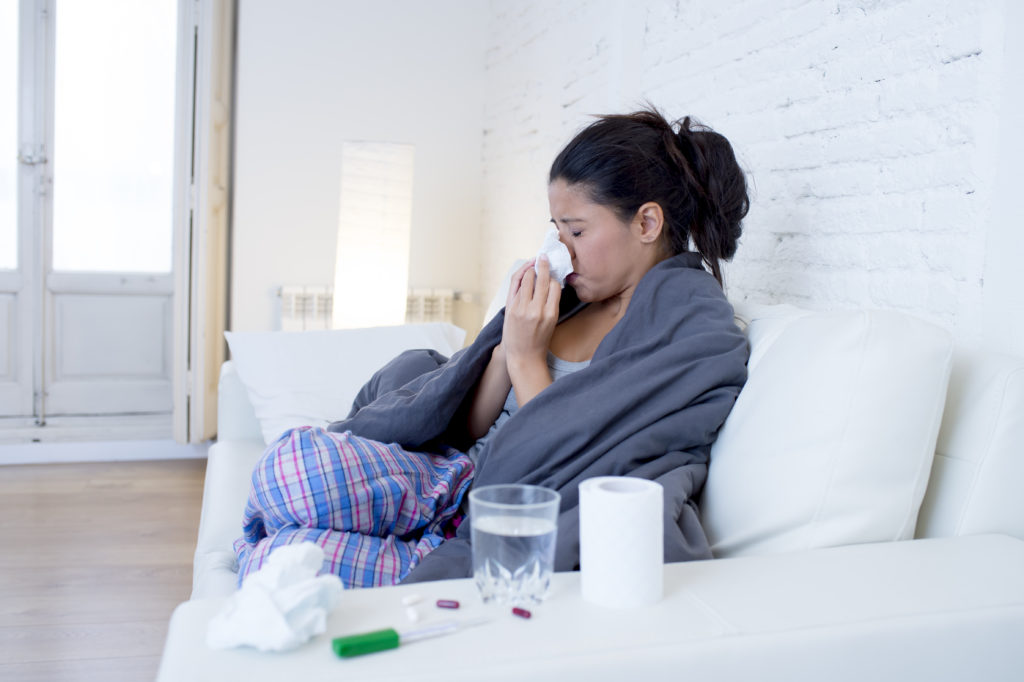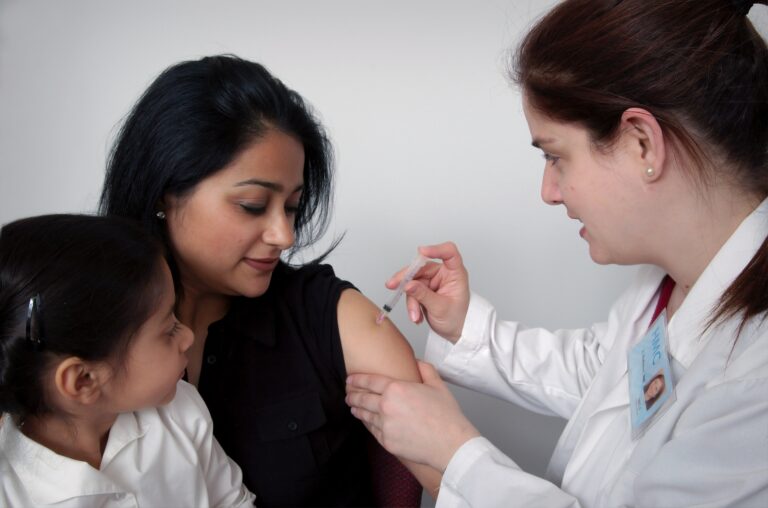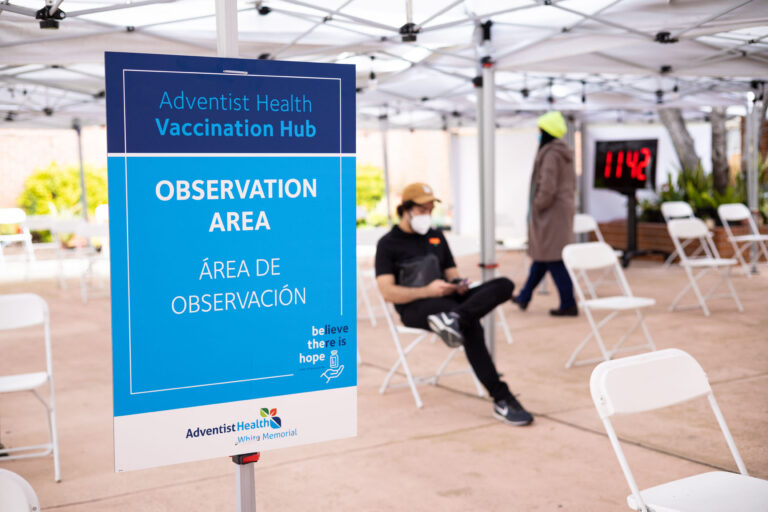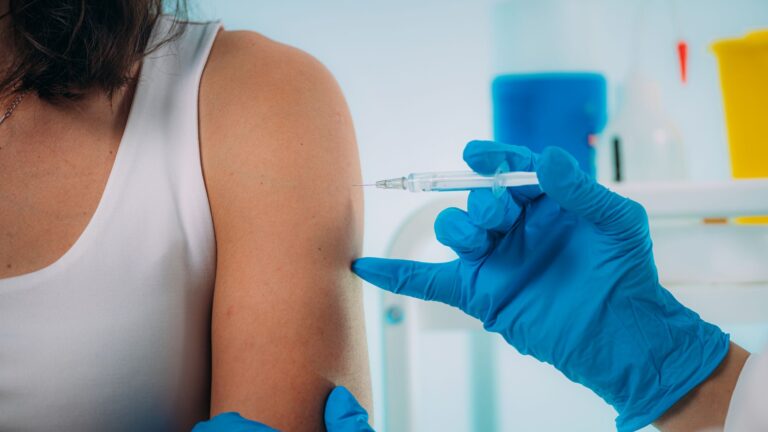
The coronavirus has a lot of symptoms, and new ones pop up almost daily. Every cough and sneeze may have you questioning whether you have COVID-19. Should you get tested? Should you call your doctor? Should you isolate yourself from your family?
A lot of you may be panicking, worried about your families, and wondering what to do if you think you have this virus. So, let’s lay down some facts about the symptoms of COVID-19 and when to get help.
Is it a Cold, the Flu, or Coronavirus?
When coronavirus first started spreading in the U.S., a lot of people said, “it’s just like the flu.” In some ways, they were right. COVID-19 has similar symptoms to both the cold and the flu. But each of these illnesses has certain characteristics that make it a little easier to identify each one.
Common Cold Symptoms
Symptoms usually appear gradually and include:
- Runny nose
- Sore throat
- Congestion
- Cough
- Mild body aches and fever (sometimes)
Symptoms usually get worse after 3-4 days before getting better.
Common Flu Symptoms
The flu can come on fast and cause:
- High fever
- Fatigue
- Severe body aches
- Vomiting and diarrhea (sometimes, usually in children)
The flu can last a week or more.
Common Coronavirus Symptoms
Like the flu, coronavirus symptoms can come on suddenly and can include:
- Dry cough
- Fever
- Chills
- Sore throat
- Muscle aches
- Headache
- Loss of smell or taste
- Shortness of breath (not common)
Fever occurs in 88% of cases (1), and dry cough in 66% of cases. Less than 20% of people experience shortness of breath, and these people can get out of breath from just walking around the house.
Emergency symptoms of COVID-19 include:
- Trouble breathing
- Constant pain or pressure in your chest
- Blue lips or face
- Confusion
If you’re experiencing any of these symptoms, call your doctor immediately.
What if You Don’t Have Symptoms?
A lot of people with COVID-19 have no idea they even have the virus. These people are asymptomatic, meaning they show no symptoms, and may unintentionally spread the virus to others.
Even if you have no symptoms, make sure that you’re practicing social distancing (staying 6 feet away from others), washing your hands regularly, and staying home whenever possible to protect others. You may not think that you’re sick, but you could be carrying the virus and spreading it to others.
When Should You Get Tested or Treated?
If you have any of the symptoms for COVID-19, you may be really worried and wondering whether you should go straight to the emergency room.
If you have severe symptoms, like the ones just mentioned, then yes, you need to get medical attention right now.
If you don’t have severe symptoms, things can get a little complicated. If you’re in Los Angeles County, you can get tested for free even if you don’t have symptoms.
If you don’t have symptoms but think you’ve been exposed, stay home. Wash your hands regularly (for at least 20 seconds) and practice social distancing. If you can’t wash your hands, use alcohol-based hand sanitizer. If you have to leave the house, wear a mask or cover your face with a bandana. Be on the lookout for symptoms, especially if you’re over 65 or have a medical condition.
If you have mild to moderate symptoms and don’t know if you’ve been exposed, call your doctor. If you are at low risk (under 65 with no medical conditions), then you may be told to stay home and monitor your symptoms. Isolate yourself if you can. You can ask about testing, but it may not be available. Contact your doctor again if your symptoms get worse. If you’re in the high-risk group, call your doctor to ask about getting tested.
If you had contact with someone who tested positive for COVID-19, call your doctor or the public health department to ask about testing. Make sure that you call first. It’s important that you don’t just show up at your doctor’s office or an emergency room. Call first and follow your doctor’s instructions.
If it’s an emergency, call 911 immediately.
You can also find more trusted local services in your community at www.boyleheighstresources.org or download the Boyle Heights Resources app.
Sources




